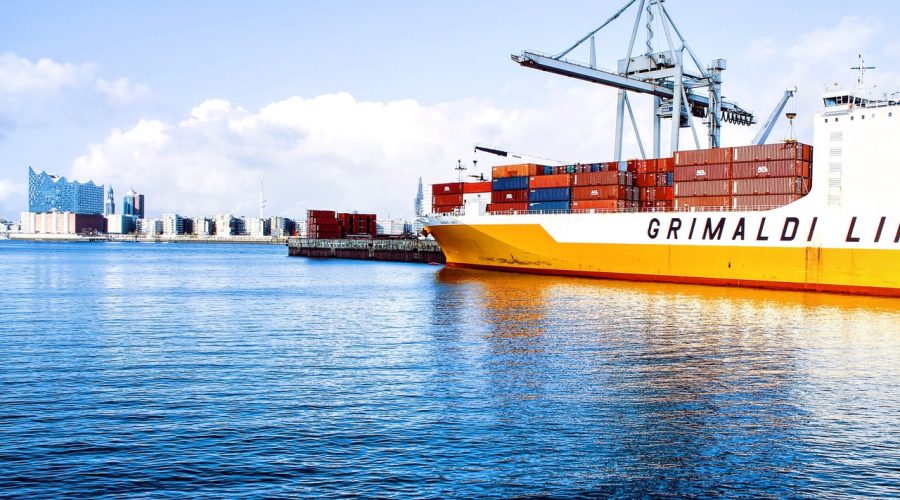
Could Brexit Provide a Boost to UK Ports?
In brighter news for the UK transport and logistics industry, recent studies have shown that Brexit could open up the possibility for increased trade through UK ports.
The report, carried out by the Centre for Policy Studies and overseen by MP Rishi Sunak, looked into the possibility of the government following examples set by the US in creating so-called ‘free ports’ in the UK.
Free Ports
A free port is one that is considered to lie outside of the country in which it is based, even if it is technically within that country’s borders. Free port status thus allows imports and exports to move through the port whilst avoiding expensive tariffs.
Free ports are currently illegal under EU law but have been successful in the US, and the report argues that a British exit from the EU would be the perfect opportunity to trial such ports in the UK.
Economic Boost
The report goes on to say that the creation of free ports could provide a much-needed economic boost to the UK’s coastal towns. The increased trade opportunities would encourage rejuvenation of deprived areas, boost UK manufacturing, and could even lead to the creation of 86,000 new jobs.
With UK ports currently handling 95% of the country’s imports and exports, an opportunity like this would surely make a huge difference to UK logistics.
“Upon leaving the EU, Britain will find itself with more opportunities for economic innovation than at any time in almost 50 years,” said Sunak, who oversaw the report. “Foreign Trade Zones are flourishing all around the world except in the EU.”
Uncertain Times
Of course, the success of free ports is dependent entirely on whether the government plans to create them at all.
“As the date of our departure draws closer, it will be the responsibility of Government to ensure Britain is not timid in seizing those opportunities,” said Sunak.
With other logistics reports still voicing concerns over the lack of clarity on trade deals and tariffs, the potential impact of new border controls, and the likelihood of staff shortages in the coming years, it seems that determining Brexit’s true impact on UK logistics is still a waiting game. For now, however, this could be a silver lining to look forward to.
